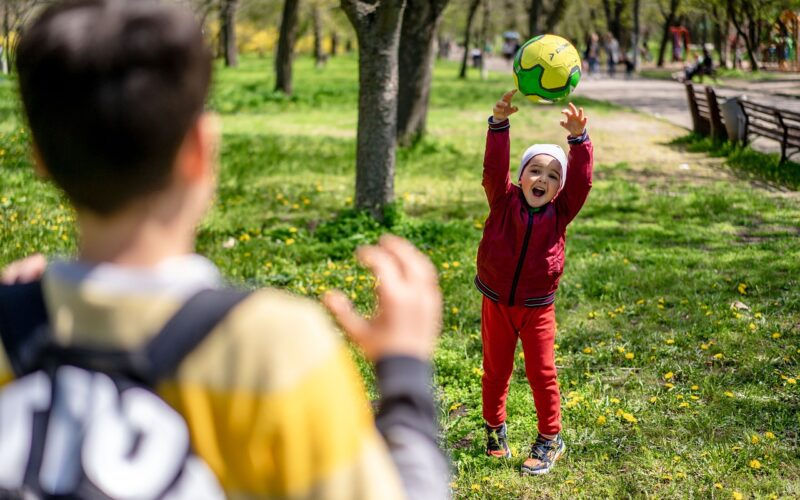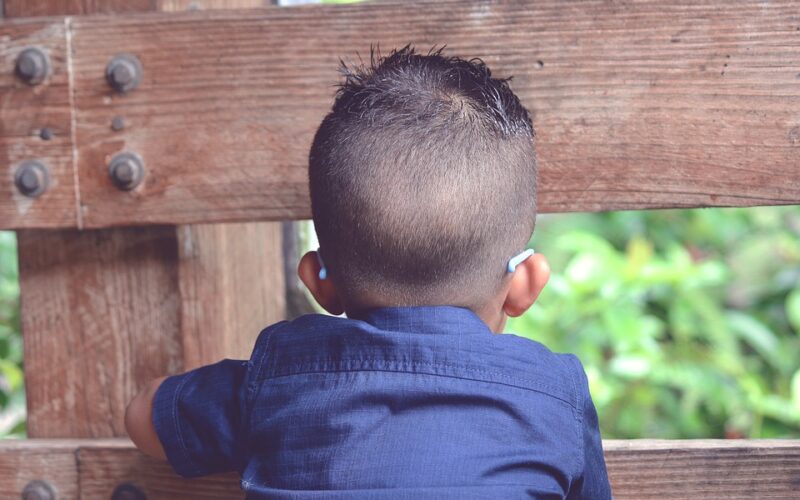Forest nurseries are gaining popularity as an innovative approach to early childhood education, providing children with a unique opportunity to learn and grow in a natural environment. These outdoor classrooms offer a plethora of benefits, allowing children to develop a wide array of skills that traditional indoor settings may not fully support.
Developing physical abilities through nature play
One of the primary advantages of a forest nursery is the ample opportunity for children to engage in physical activities. Climbing trees, balancing on logs, and navigating uneven terrain help young learners improve their coordination, strength, and gross motor skills. These activities also encourage risk-taking and problem-solving, as children assess their surroundings and make decisions about how to move safely through the environment.
Fostering social skills and teamwork
In a forest nursery, children often work together on group projects and activities, fostering essential social skills and teamwork. Sharing resources, taking turns, and communicating effectively are all part of the daily routine. These experiences help children build strong relationships with their peers, develop empathy, and learn to collaborate towards a common goal. Additionally, the mixed-age setting often found in forest nurseries encourages older children to mentor younger ones, further enhancing their social development.
Enhancing cognitive skills through exploration
Forest nurseries provide a rich environment for cognitive development, as children are constantly exposed to new and stimulating experiences. Observing plants, animals, and natural phenomena sparks curiosity and encourages critical thinking. Children learn to ask questions, make connections, and think creatively as they explore their surroundings. The open-ended nature of outdoor play also allows for more imaginative thinking, as children invent games and scenarios based on what they discover in the forest.
Building resilience and emotional intelligence
Spending time in a forest nursery can help children develop resilience and emotional intelligence. The unpredictable nature of the outdoors teaches children to adapt to changing conditions and face challenges with a positive attitude. They learn to cope with setbacks, such as falling down or encountering a difficult task, and develop perseverance and determination. Furthermore, the calming influence of nature has been shown to reduce stress and anxiety, promoting emotional well-being and helping children to regulate their emotions more effectively.
Nurturing a sense of environmental stewardship
A key component of forest nursery education is fostering a connection to the natural world and instilling a sense of environmental stewardship. Children who spend time outdoors develop a deep appreciation for the environment and learn the importance of protecting it. Activities such as planting trees, caring for plants, and observing wildlife teach children about ecosystems and the impact of human actions on the environment. This early exposure to nature can inspire a lifelong commitment to conservation and sustainability.
Encouraging independence and self-confidence
Forest nurseries provide a supportive environment where children can develop independence and self-confidence. The freedom to explore and make choices empowers children to take charge of their learning and trust their abilities. They learn to manage risks, solve problems, and make decisions independently, which fosters a strong sense of self-efficacy. This confidence in their abilities can translate to other areas of their lives, helping them to tackle new challenges with enthusiasm and resilience.
Promoting holistic development
Overall, the skills children pick up at a forest nursery contribute to their holistic development. Physical, social, cognitive, emotional, and environmental learning are all integrated into the daily activities, providing a well-rounded educational experience. By engaging with nature and participating in diverse, hands-on activities, children develop a strong foundation for lifelong learning and personal growth.
Forest nurseries offer a unique and enriching environment for young children to develop a wide range of skills. From physical abilities and social skills to cognitive development and emotional intelligence, the benefits of outdoor learning are vast. By fostering a connection to nature and promoting holistic development, forest nurseries prepare children for future success and inspire a lifelong love of learning.













